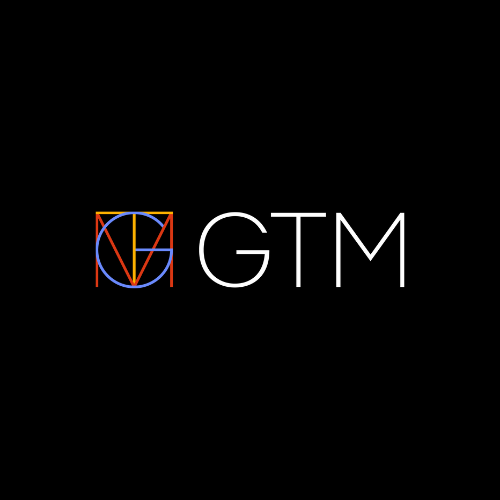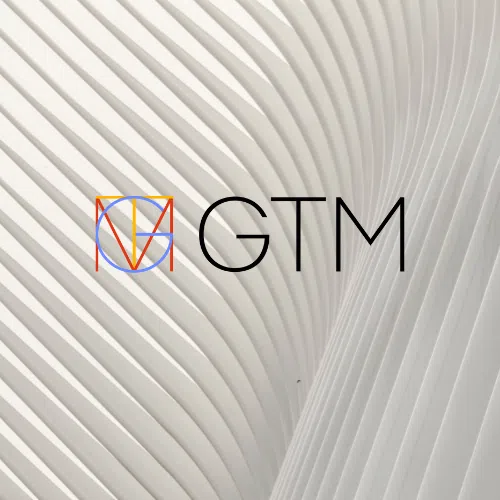Kevin Croy, Managing Director, Transfer Pricing
30-Second Summary:
- The COVID-19 pandemic is impacting global supply chains – and, as a result, international tax transfer pricing policies – at alarming speeds
- Amid this chaos, companies risk making impulsive, short-term decisions with long-term effects
- In order to successfully prepare for significant declines in operating profits, an arm’s length allocation of global profits and losses must be maintained
What is Arm’s Length Standard?
An intercompany transaction is arm’s-length if the results are the same as results realized by uncontrolled taxpayers engaged in the same transaction under the same circumstances.The arm’s-length standard is the fundamental basis of worldwide transfer pricing regulations.
As everyone is acutely aware, the COVID-19 pandemic is impacting the global economy to an unprecedented extent, including wreaking havoc on multinational companies’ supply chains. The ensuing chaos is forcing companies to quickly review and adapt their international tax transfer pricing policies to maintain arm’s length pricing for goods, services, and capital.
Companies across various global industries are facing the prospect of significant declines in operating profits, and an arm’s length allocation of global profits and losses must be maintained. This may include:
- Identifying contractual allocations of risks and losses between related parties and adapting to changing economic developments
- Adjusting operational transfer pricing to implement the revised policies
- Evaluating the proper treatment of extraordinary, non-recurring expenses
Without insight and guidance, companies risk making impulsive, short-term decisions with long-term effects that may not be consistent with arm’s length behavior required for income tax purposes. Let’s walk through a very real example to illustrate the type of sound transfer pricing thinking that should go into a production-line pivot happening in direct response to the COVID-19 pandemic.
International Corporate Tax Transfer Pricing Example
Take, for instance, a multinational enterprise with a UK parent (“UKP”) and a U.S. subsidiary (“USS”). Under normal economic conditions, USS manufactures widgets for UKP as a limited risk contract manufacturer and earns a 7 percent markup on its total production costs. To support the fight against the COVID-19 pandemic, UKP instructs USS to pivot from widgets to face masks needed by front-line essential workers around the world. UKP enters into a contract with a government entity to supply 25,000 masks per day. To fulfill UKP’s contractual commitment, USS purchases the new equipment necessary for the production of face masks.
International Tax Transfer Pricing Considerations
Initially, UKP plans to compensate USS for the manufacture of face masks using the current Cost Plus methodology as for USS’ manufacture of widgets. However, there is legitimate doubt that USS can repurpose the equipment in case demand for face masks plummets. The goal of effective transfer pricing is to approximate an arm’s length allocation of profits that independent parties entering into a similar transaction under similar circumstances would expect, considering the significant functions performed, risks borne, and assets employed. Therefore, before simply applying the same transfer pricing policy as provided in the supply agreement between UKP and USS for widgets, one must pause and ask: Would an independent U.S. contract manufacturer be willing to supply face masks to UKP at cost plus 7 percent markup, considering the upfront investment required for new, potentially single purpose equipment?
International Tax Transfer Pricing Mitigating Factors
In order for the intercompany transaction between UKP and USS to be consistent with arm’s length behavior between an entrepreneur and a limited risk contract manufacturer, as described in the existing supply agreement between the parties, it is important to ensure that the appropriate party bears the appropriate risks inherent to the transaction. In order to contractually shift obsolescence risk from USS to UKP, the supply agreement for face masks may include the following terms:
- In case there is a collapse in demand for face masks and the equipment’s operating life exceeds its useful life, USS will transfer the equipment to another UKP production site at an arm’s length value.
- To more fully insulate USS, consider including all costs associated with transferring the equipment from USS to another UKP-related party, such as disassembly, storage, freight and customs duties.
- Consider the possibility of a markup of lower than 7 percent, given that the policy is likely derived from 2016-2018 financial data, when the economy was robust. The arm’s length range for the 2018-2020 period may be lower due to economic slowdown from the 2020 pandemic.
While the COVID-19 pandemic is impacting global supply chains – and, as a result, international tax transfer pricing policies – at alarming speeds, it is crucial to employ a long-term vision when making purchasing and manufacturing decisions. Taking an arm’s length approach to transfer pricing now could help mitigate risk, and save you time, effort, and tax payments down the road. For more information about how to navigate transfer pricing amid the COVID-19 pandemic, contact me at KCroy@gtmtax.com.
About GTM’s Transfer Pricing Services
Multinational companies now more than ever must ensure their international and domestic transfer pricing policies for cross-border transactions withstanding the scrutiny of various tax authorities. They are faced with supply chain disruption, U.S. tax reform, BEPS, and an ever-evolving regulatory climate across the globe. GTM brings the deep technical knowledge, experience, and a worldwide tax network needed by companies today to navigate this uncertain landscape. Learn more about GTM’s Transfer Pricing Services.



